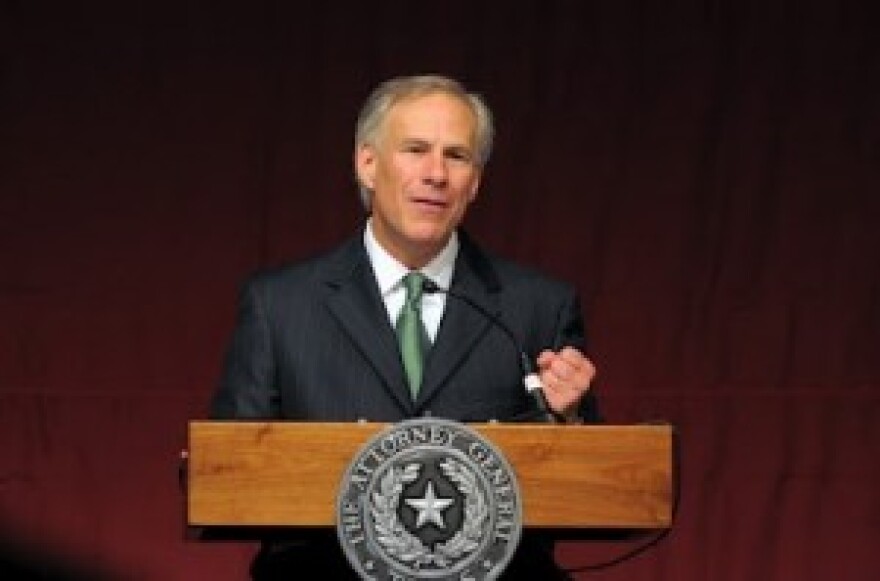When the U.S. Supreme Court ruled last week on a lawsuit over how much latitude the federal government has to regulate facilities that emit greenhouse gases, victory was claimed both by environmentalists who want more regulation and by Texas state officials who wants less.
Texas and 16 other states brought the action.
The Texas Attorney General’s office proclaimed that the Court had “overturn(ed) EPA’s Illegal greenhouse gas permitting scheme”. The Court had “delivered a stern rebuke to the President” said Greg Abbott, the Texas attorney general.
Clean air advocates wondered what Abbott was thinking.
“Oh my gosh, when you lose one suit after another you’re desperate to claim a victory anywhere and I guess that’s what Attorney General Abbott did,” said James Marston, Vice President for U.S. Climate and Energy at the Environmental Defense Fund.
“He lost big time and lost tens of thousands of dollars of taxpayers’ money suing to help polluters. Courts have turned him down time and time again. And again in this case,” said Marston, an attorney who for years has helped states across the country on regulations to reduce air pollution.
Abbott’s office responded in an email to StateImpact Texas: “To say that the State lost because the EPA can still regulate GHGs (greenhouse gases) completely ignores the Supreme Court’s significant constriction of the EPA’s regulatory power.”
Something for Everyone
In a nutshell, the Supreme Court’s ruling said the EPA does not have unlimited power to regulate greenhouse gases emitted from small facilities like shopping centers or schools, nor from some chemical plants and paper mills. But the court did say most, big industrial plants including heavily-polluting power plants are fair game. Texas produces more greenhouse gases from power plants and oil refineries than any other state.
Years ago when Texas announced it would challenge the EPA’s proposals to regulate greenhouse gases, Governor Rick Perry talked about the damage such federal “overreach” would do to Texas agriculture and energy producers. In a video news release in 2010, Attorney General Abbott said it might cost the United States “a trillion dollars”.
But it was the little guy that Abbott’s office says was its focus in the litigation most recently considered by the U.S. Supreme. From part of a statement from the AG’s media relations office to StateImpact Texas:
“The State and private industry had separate teams of lawyers working on this case because their interests and goals were not fully aligned. Industry lawyers made arguments that were important to them. State lawyers made arguments that were important to us. Industry’s arguments failed. Our arguments prevailed. Texas did not file a lawsuit on behalf of, nor did we argue on behalf of, large stationary sources.”
Abbott: It’s All About the Precedent
In fact, said Abbott’s office, “our reason for participating in the lawsuit” was to set a legal precedent to show the EPA and the President “cannot act unilaterally” by creating new regulations without going through Congress.
“The ruling severely restricts the EPA’s regulatory options…,” said Abbott’s office.
But does it? Justice Antonin Scalia is quoted from the bench as summarizing the ruling by saying, “EPA is getting almost everything it wanted in this case.”
Back in Texas, Kathleen White, the former chairman of the Texas Commission on Environmental Quality which is largely responsible for enforcing environmental regulations, didn’t see much reason for industry to celebrate
“I thought it was not that much of a win for industry or state authority, if you will,” said White. She’s now an expert with the free-market advocacy group, the Texas Public Policy Foundation.
Despite efforts by Texas and other states to lessen EPA oversight, she sees only more.
“The expansion of EPA’s authority and just the sheer number of rules one after another…coming on so fast it really raises a kind of chaos both for state agencies and for industry,” White told StateImpact Texas.



